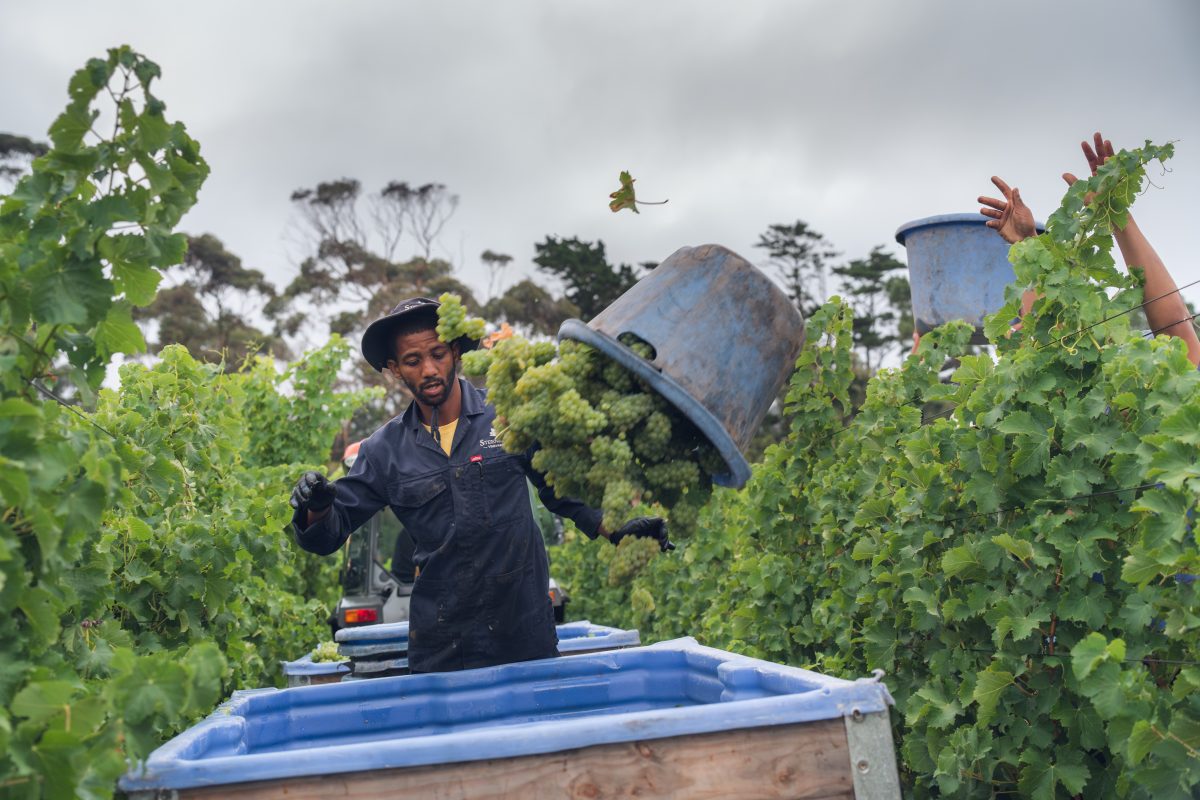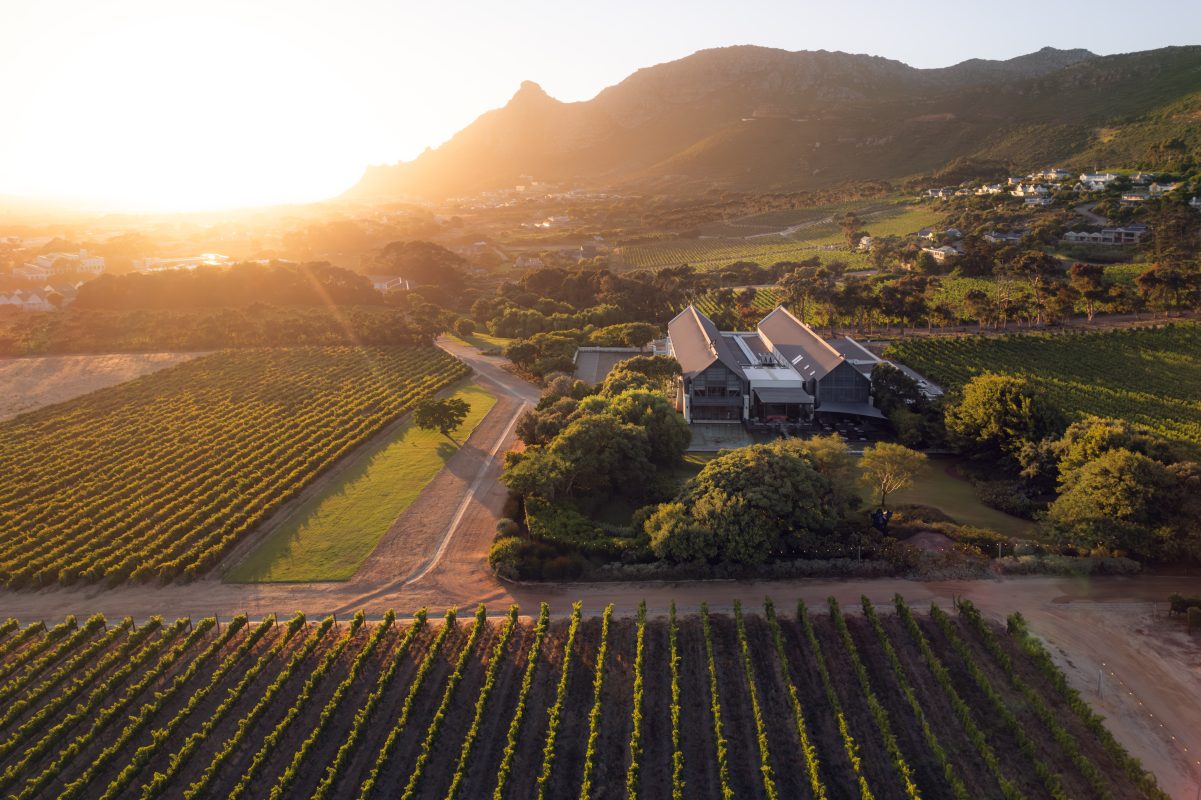As global luxury travel evolves, discerning travellers are increasingly drawn to experiences that offer authenticity, enrichment, and a deeper connection to the place. In South Africa’s Constantia Valley, Steenberg Farm embraces this shift by combining tradition with innovation to offer immersive encounters that capture the heart of Cape winemaking.
According to the Technology & Trends in Luxury Tourism 2025-2026 report, the global luxury hotel market was valued at $140.28 billion (approximately R2.65 trillion) in 2023 and is projected to grow to $369.36 billion (approximately R7 billion) by 2032, reflecting increased demand for premium, tailored experiences. As Skift notes, this surge is driven by affluent travellers seeking personalised, meaningful encounters beyond traditional opulence.
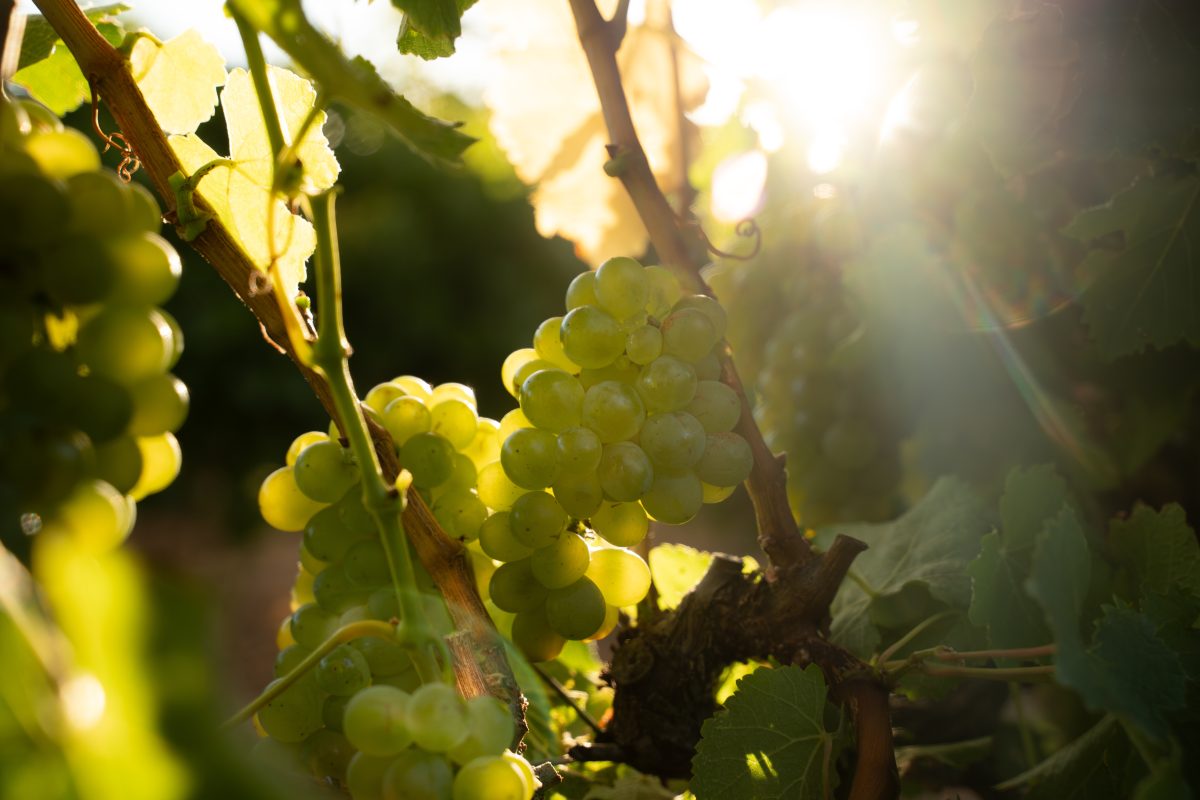
“Luxury travel is no longer about excess; it’s about connection, authenticity, and memorable experiences,” says Jestine Enslin, Marketing Manager of Hospitality at Steenberg Farm. “Guests want to feel immersed in the places they visit — and technology allows us to create experiences that deliver exactly that.”
A key example of this trend is Steenberg’s Immersive Harvest Experience, a first-of-its-kind augmented reality (AR) harvest tour that invites guests to explore the intricate process of grape harvesting without interfering in this centuries-old craft.
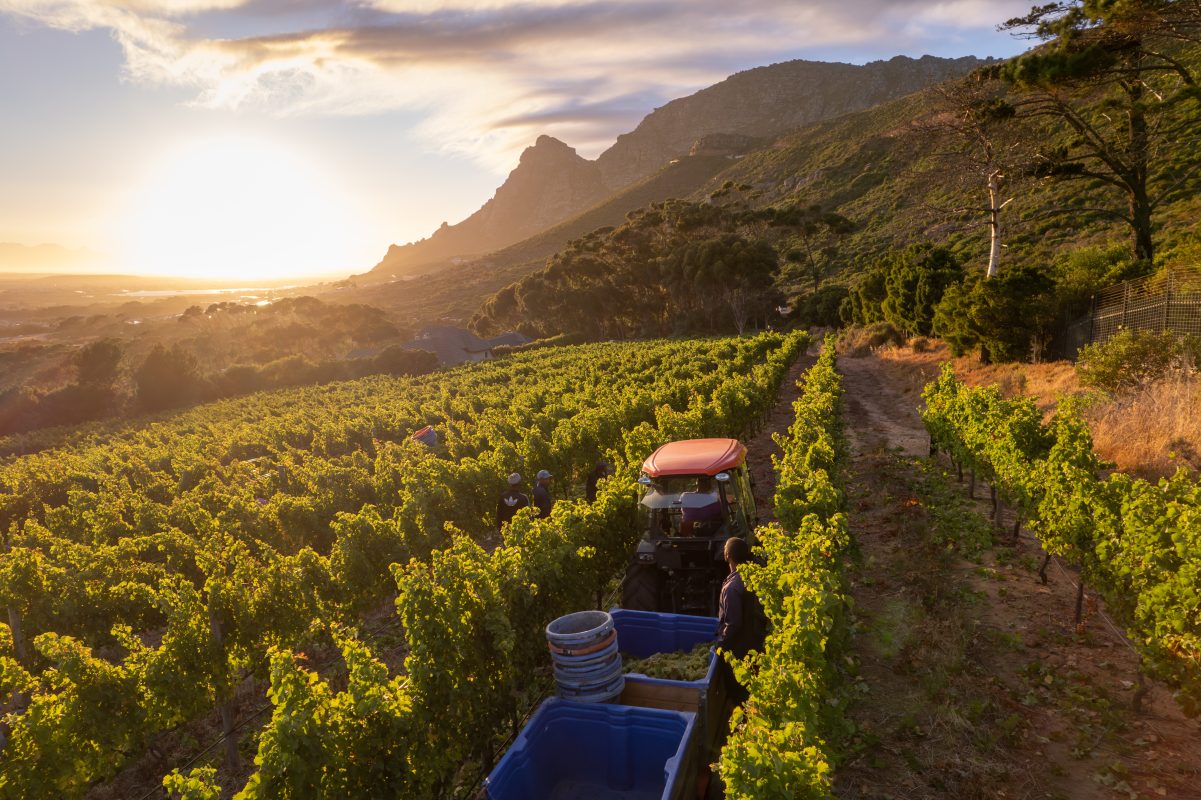
“We wanted to bring guests into the heart of the harvest without disturbing the delicate process,” says Enslin. “Using AR, visitors can follow a vineyard trail, scan QR codes, see footage of grape pickers in action, learn about the unique terroir, and hear directly from our winemaker and viticulturist.”
According to Carryn Wiltshire, Marketing Manager of Wine at Steenberg Farm, the AR experience taps into a rising trend where luxury travellers seek learning opportunities and curated encounters.
“Affluent guests are looking for something deeper,” says Wiltshire. “They want to learn, connect, and leave feeling enriched. Exclusive tastings, behind-the-scenes tours, and access to pre-release wines provide that sense of privilege and connection.”
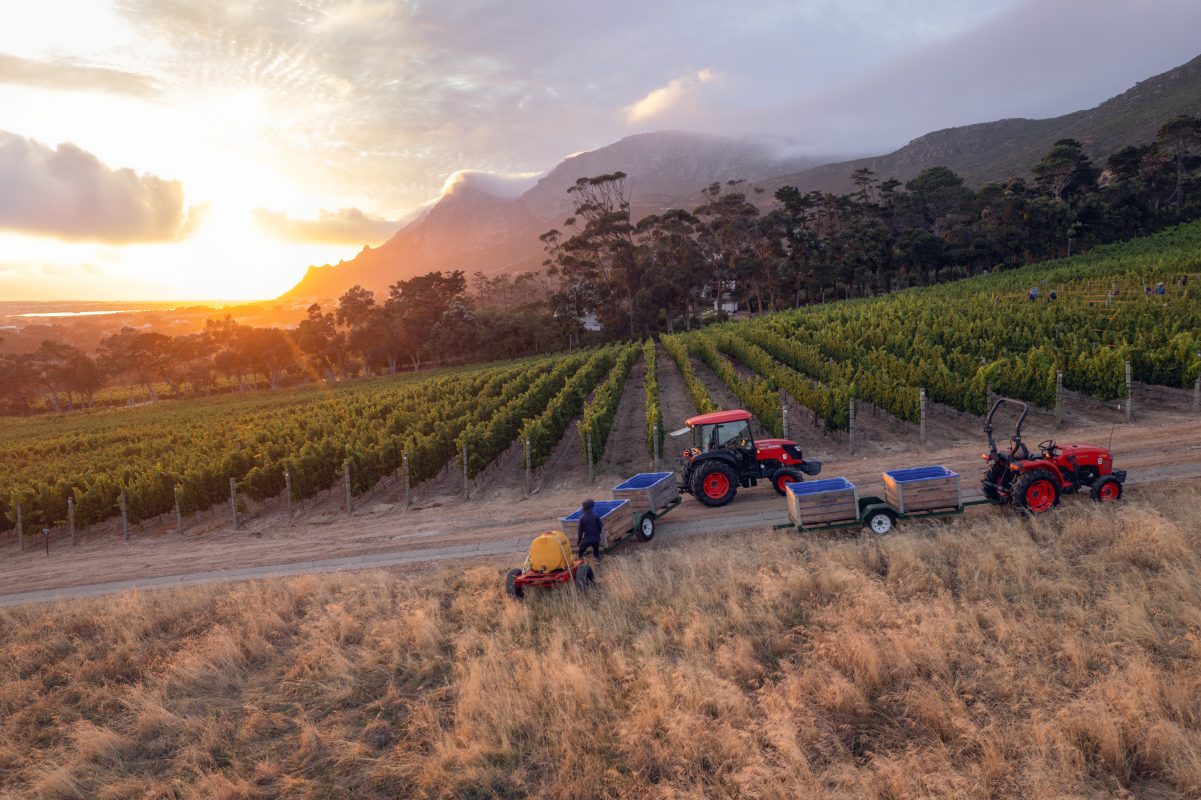
Catering to Changing Travel Trends
Research shows that curated, personalised experiences increasingly define luxury travel. According to Skift, 80% of affluent travellers expect personalised services based on their preferences — a trend that aligns with Steenberg’s philosophy of offering tailored encounters.
“We’ve seen a growing demand for exclusivity — guests are moving away from one-size-fits-all travel,” says Enslin. “They want experiences that feel unique to them — whether that’s a bespoke dining experience, a curated wine journey, or a deeper understanding of Constantia or Steenberg’s winemaking heritage.”
Wiltshire highlights that younger South African travellers are increasingly driving this demand. “We’re seeing more local guests interested in learning about wine through guided tastings and immersive storytelling,” she says.
Sustainability as an Emerging Priority
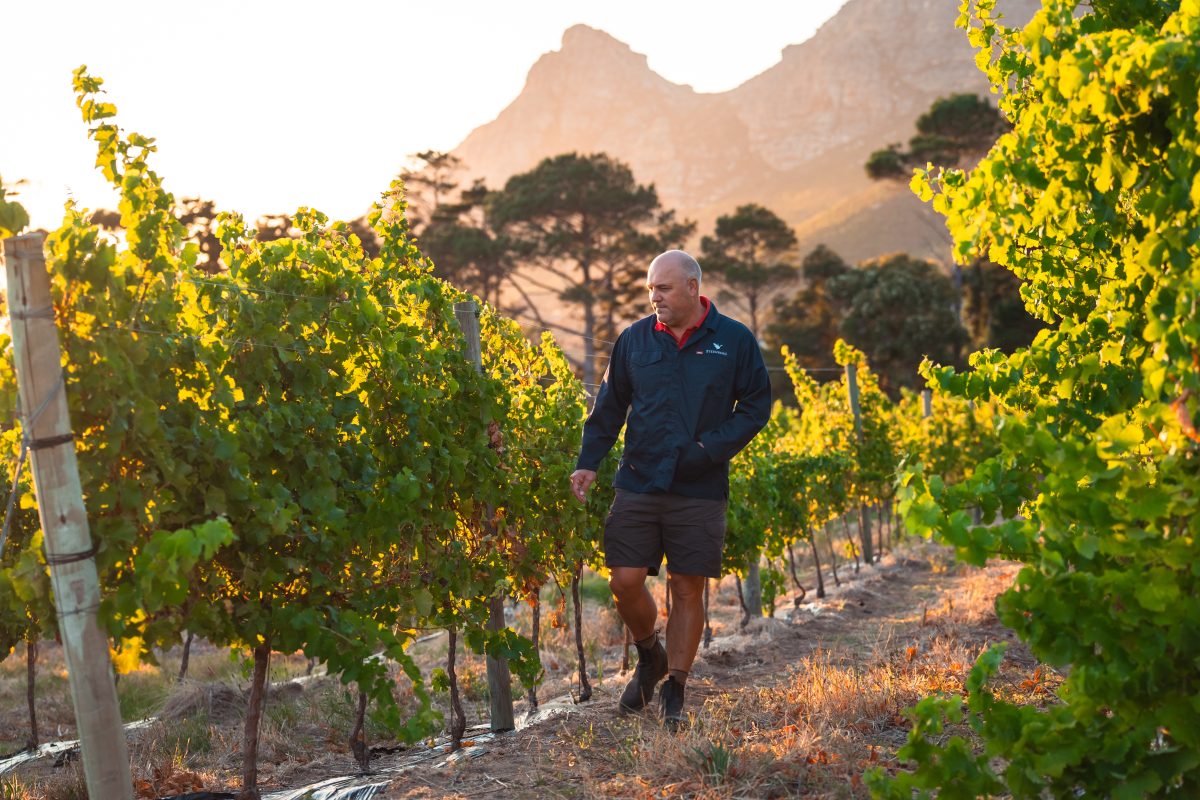
Alongside personalisation, sustainability is fast becoming a non-negotiable for luxury travellers. “Today’s guests are far more conscious of their impact,” says Enslin. “They want to know that their choices align with sustainable values.”
Wiltshire adds that this shift is reshaping wine tourism. “Eco-conscious guests are drawn to wineries that embrace regenerative farming practices, and actively lower their carbon footprint,” she says.
“At Steenberg, we’ve adopted these practices as part of our commitment to responsible tourism.”
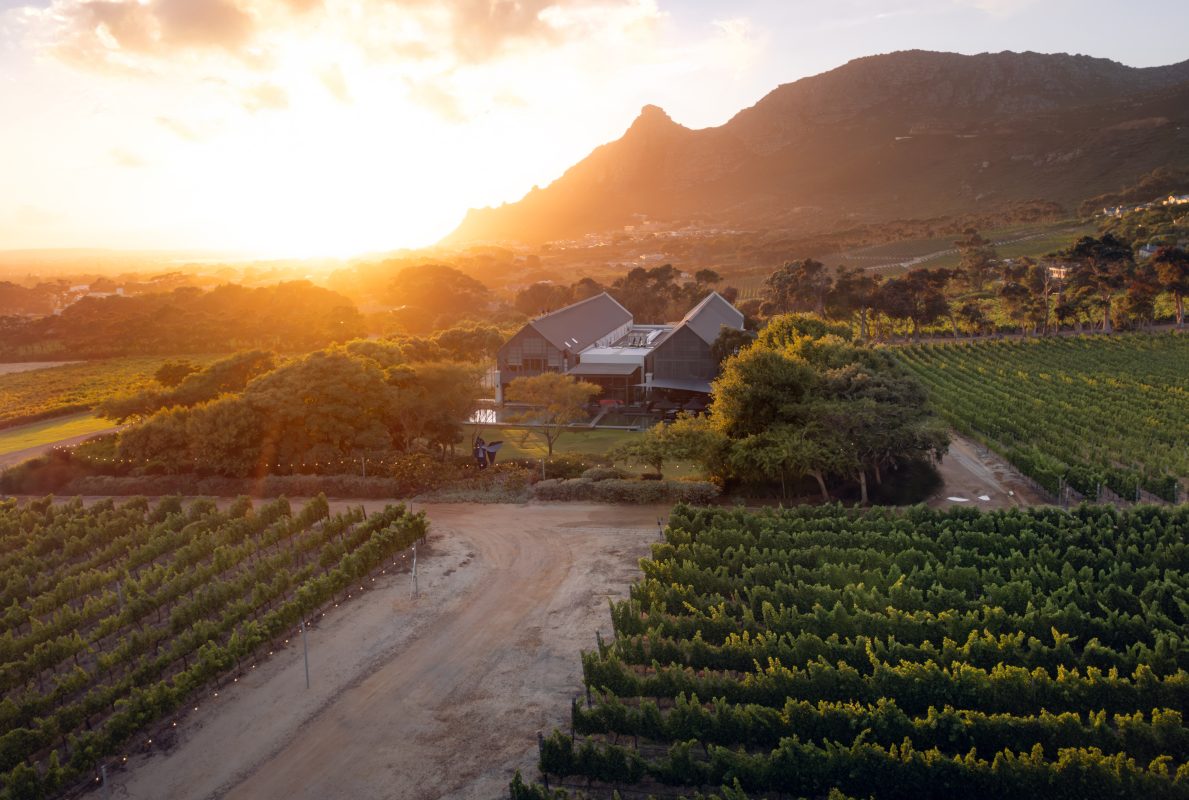
The Future of South Africa’s Luxury Travel Market
Enslin and Wiltshire predict that luxury travel in South Africa will continue to evolve through immersive experiences that combine heritage, sustainability, and innovation.
“The future of luxury travel lies in experiences rich in storytelling and human connection,” says Enslin. “By blending technology with authenticity, we can create deeply personal and unforgettable journeys.”
